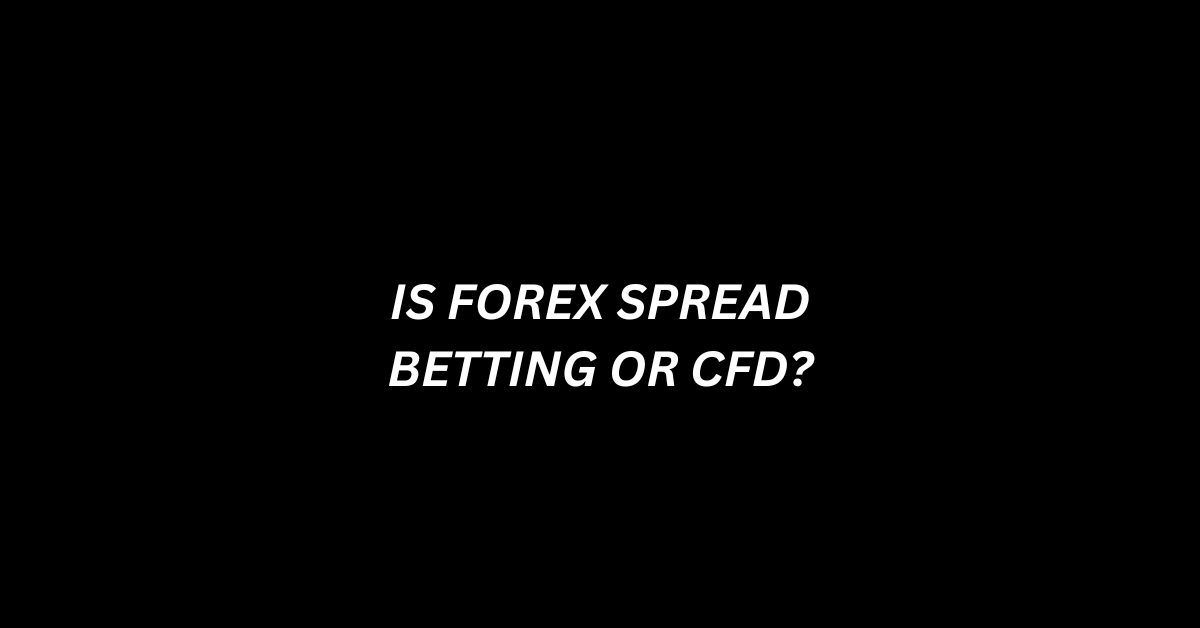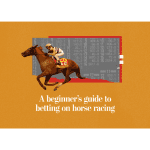Overview of Forex Trading
Forex trading, also known as foreign exchange trading, involves the buying and selling of currencies in the global market. It is the largest financial market in the world, with trillions of dollars traded daily. Participants in the forex market include governments, financial institutions, corporations, and individual traders seeking to profit from currency fluctuations.
The forex market operates 24 hours a day, five days a week, due to the different time zones around the world, making it accessible and flexible for traders. Unlike stock markets, there is no centralized exchange for forex trading, as it is conducted over-the-counter electronically. Traders can profit from the forex market by speculating on the direction in which currency pairs will move, taking advantage of the constant fluctuations in exchange rates.
Understanding Spread Betting
Spread betting is a trading strategy in the financial markets where traders speculate on the price movement of various assets without owning the underlying asset. The concept is based on betting on whether the price of an asset will rise or fall, with profits and losses determined by the accuracy of the prediction. This form of trading allows investors to take positions on a wide range of financial instruments such as stocks, indices, commodities, and currencies.
One of the key features of spread betting is the use of leverage, which enables traders to gain exposure to a larger position size than their actual investment. This amplifies both potential profits and losses, making spread betting a high-risk, high-reward trading method. Additionally, spread betting is known for its tax advantages in some countries, as profits made from spread betting are usually tax-free.
Exploring CFD Trading
Contracts for Difference (CFDs) are derivative products that allow traders to speculate on the price movements of various financial instruments like stocks, commodities, indices, and currencies without owning the underlying asset. In CFD trading, traders enter into a contract with a broker to exchange the difference in the asset’s price from the time the contract is opened to when it is closed. This trading method provides a flexible way for traders to take advantage of both rising and falling markets.
One of the key features of CFD trading is the ability to use leverage, which allows traders to open larger positions with a smaller amount of capital. While leverage magnifies profits, it also increases the risk of significant losses, making risk management crucial in CFD trading. Additionally, since CFDs are traded on margin, traders only need to deposit a percentage of the total trade value to open a position. It’s important for traders to understand the risks involved with leverage and margin trading before engaging in CFD trading to make informed decisions and manage their exposure effectively.
Key Differences Between Spread Betting and CFDs
Spread betting and CFD trading are both popular financial derivatives that allow traders to speculate on the price movements of various instruments without owning the underlying assets. One key difference between the two is how they are treated for tax purposes. In spread betting, profits are not subject to capital gains tax in the UK and many other countries, making it a more tax-efficient option for traders. On the other hand, CFD trading is subject to capital gains tax, potentially impacting the overall profitability of the trades.
Another notable difference between spread betting and CFD trading lies in how they are structured. In spread betting, traders are essentially betting on whether the price of an asset will rise or fall, with profits and losses determined by the accuracy of their prediction. In contrast, CFD trading involves entering into a contract with a broker to exchange the difference in the price of an asset from the time the contract is opened to when it is closed. This distinction in structure can influence the strategies employed by traders in each type of trading.
Leverage and Margin in Forex Trading
Leverage allows traders to control larger positions with a smaller amount of capital. It magnifies both potential profits and losses in Forex trading. Traders must use caution with leverage, as it increases the risk of significant losses if the market moves against their positions.
Margin is the amount of money required to open and maintain a leveraged position. It acts as a good-faith deposit to secure the position. Margin requirements vary among brokers and trading platforms, so it’s crucial for traders to understand the specific margin rules and risks associated with each trade.















